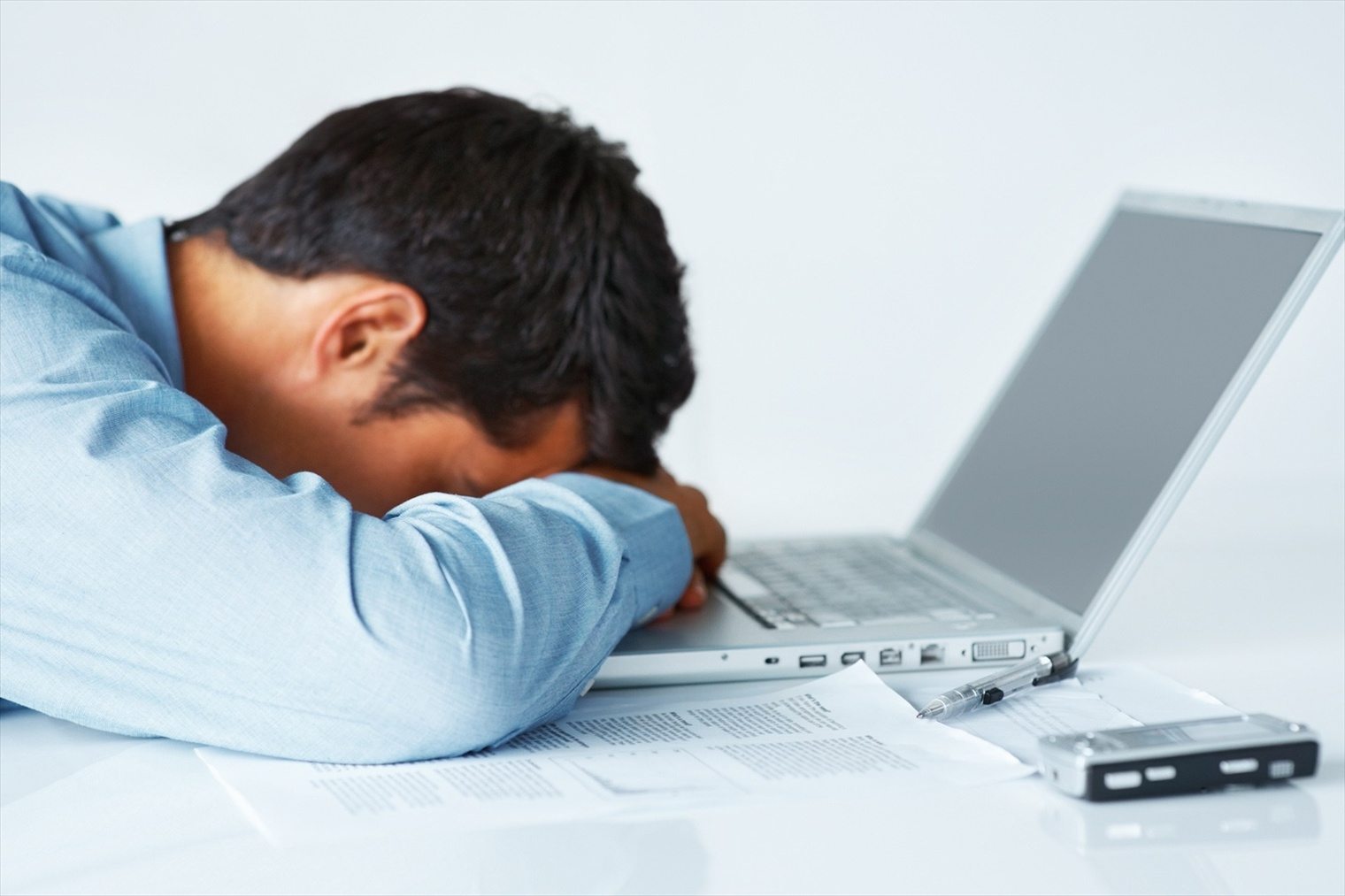A working world of sleep-seekers
Arianna Huffington, queen of online journalism and all things social, has just released a book, with a gold nugget of wisdom at its core. Everyone’s talking about it, everyone wants to try it – the key to success in your modern, busy, chaotic, crazy life. Sleep. They want more of it, better of it, respect for it.
To the upper echelons of successful enterprising, or indeed the exam-battered Warwick student, the “right” amount and quality of sleep is, ironically, but an elusive dream. The western world is now a world of insomniacs, talking and reading about sleep far more than they ever actually manage to experience it.
Scientists have increasingly released warnings to us, the workaholic/socioholic generation, to pay attention to our bodies’ reactions to natural light. After thousands of years of evolution telling us to wake up as the sun rises and sleep as the sun sets, is it any wonder we’re tired when we sleep 1-10am?
Hormones and body temperature have been found to be directly controlled by light exposure, and, in turn, directly affect our sleep patterns. A part of the brain called the suprachiasmatic nucleus effectively acts as a hub for controlling these, and thus our sleep movements; in our modern, technological world, it isn’t half having a hard time of it.
More recently, studies into ‘blue light’ produced by mobile phones have led to the ‘screens off half an hour before bed’ school of thought, and the motto “the bedroom is only for sex and sleeping”, attempted – and failed – by many.
Is it any wonder we’re tired when we sleep 1-10am?
Self-help shelves are lined with theories on how to get the perfect forty winks, and we have hit saturation point on the ultimate irony, with apps coming out in droves to tackle the problem of… well, being on apps before bed.
Despite taking or leaving most of the App Store, I’m a self-confessed app addict when it comes to sleep. I have always slept rather well, but, being a yogi and all-round hippie, have dabbled in gentle exercise and even CDs of the sea and ‘rain on a tin roof’ to perfect my mindset before getting my shut-eye.
However, after leaving home and with it the more natural rhythms of family life, I found myself fighting against my body’s needs and, in turn, found it harder and harder to wake up feeling ready for the day. I couldn’t be a university student who needed 8-9 hours of sleep a night! I would have to simply sleep more efficiently.
My first purchase was Sleep Cycle. It allegedly wakes you up at the ‘lightest’ part of your sleep cycle, so you don’t feel too groggy. Despite nailing a good 8-9 hours a night, this has always been my problem, and for a while, this solved it. However, after growing up with a nana who reads the Daily Mail and, therefore, an inherent fear of my iPhone’s deadly “radiation”, the prospect of sleeping with it next to my head every night just to monitor how much I toss and turn seemed less and less appealing.
Next up was HeadSpace. I had often used meditation to get me off to sleep in the past, and the concept of HeadSpace and its cool, ex-Buddhist-monk creator Andy Puddicombe appealed to my inner yogi enormously. So Andy and I started our love affair – he came with me to work, to uni, on the bus, home for dinner, even into the shower. He was for naps or for a full night’s sleep. Andy was the way forward.
But, after the exciting honeymoon period, my love for Andy began to wane, and my exhaustion began to kick in once again. No matter how chilled and mindful I was when I went to sleep, no matter how many herbal teas or yogic stretches or deep breathing I tried, I could never sleep efficiently enough to get by on less than 6 hours without feeling knackered.
Huffington’s particular take on the sleep issue was: get enough.
And then the scientists started talking about natural light. It felt very much as though they were ridiculing us – and rightly so. How did we expect to get away with ignoring thousands of years of evolution?
It was with this nod to the rhythms of nature that I surrendered. Until I understand my inherent human nature to switch on and off with the light patterns around me, I will forever be fighting a losing battle. Gone is the struggle for efficiency, as efficiency, I realise, is going to bed before midnight and not fighting my body’s natural desire to wake up around 7am.
Arianna Huffington’s particular take on the sleep issue was: get enough. In fact, get lots. Sleep equals success. It’s not as pertinent a scientific verdict as our friends onto natural light, but it is, perhaps, no less clever. Both are ultimately ignored by most of us in our permanent wars against deadlines, exams, and Smack nights, and both are, ultimately, still an elusive dream.

Comments